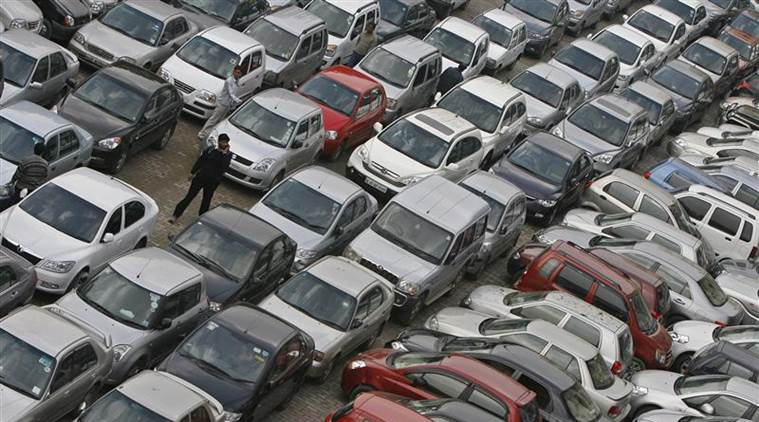China to penalise U.S. automaker for monopolistic behaviour

SHANGHAI/BEIJING : China will soon slap a penalty on an unnamed U.S. automaker for monopolistic behavior, the official China Daily newspaper reported on Wednesday, quoting a senior state planning official.
News of the penalty comes at a sensitive time for China-U.S. relations after U.S. president-elect Donald Trump called into question a long-standing U.S. policy of acknowledging that Taiwan is part of “one China”.
Beijing maintains that self-ruled Taiwan is a wayward province of China and has never renounced the use of force to take it back.
Investigators found the U.S. company had instructed distributors to fix prices starting in 2014, Zhang Handong, director of the National Development and Reform Commission’s price supervision bureau, was quoted as saying.
In an exclusive interview with the newspaper, Zhang said no one should “read anything improper” into the timing or target of the penalty.
The article did not give further details and the NDRC did not immediately respond to requests for comment.
China, the world’s largest auto market, has become crucial to the strategies of car companies around the world, including major U.S. players General Motors Co and Ford Motor Co.
“We are unaware of the issue,” said Mark Truby, Ford’s chief spokesman for its Asia-Pacific operations.
In a statement, GM said: “GM fully respects local laws and regulations wherever we operate. We do not comment on media speculation.”
The penalty follows a government crackdown on what it has called monopolistic behavior by foreign automakers and dealers.
It would be the second penalty by the NDRC this month and the seventh fine issued to automakers since the commission began anti-monopoly investigations in 2011, the newspaper said.
Targeted firms have included Audi AG, Daimler AG’s Mercedes-Benz and Toyota Motor Corp, and one of Nissan Motor Co Ltd’s joint ventures.
The NDRC’s move was not directed against Trump’s latest comments but to show it was not letting up pressure on price fixing behavior in the auto sector after a raft of fines last year, a source at a government-affiliated industry association said.
“I don’t think NDRC had only made a decision two weeks ago or a week ago. This is a long-term plan for them,” the source said.
Local media had reported NDRC officials saying a penalty would be levied against an international automotive firm this year prior to Trump’s remarks on Taiwan, although they did not specify it would be a U.S. company.
In a separate editorial, the China Daily urged Trump to recognize the importance of close economic ties between China and the United States rather than “trying to gain an upper hand in what is essentially a win-win relationship”.
“History proves that what is good for Sino-U.S. relations is good for their economies,” it said, noting that Chinese customers bought more than a third of the 9.96 million vehicles GM sold worldwide last year. “For the American economy to be great again… the U.S. needs to cement its economic relations with China, rather than destroy them.”
Trump’s challenges to China on trade and Taiwan have rattled American companies who have long benefited from stable relations between the two countries.
In 2011, China imposed duties of up to 22 percent on large cars and SUVs exported from the United States during a wide-ranging spat on trade and currencies that became a focus of criticism for U.S. presidential candidates.

